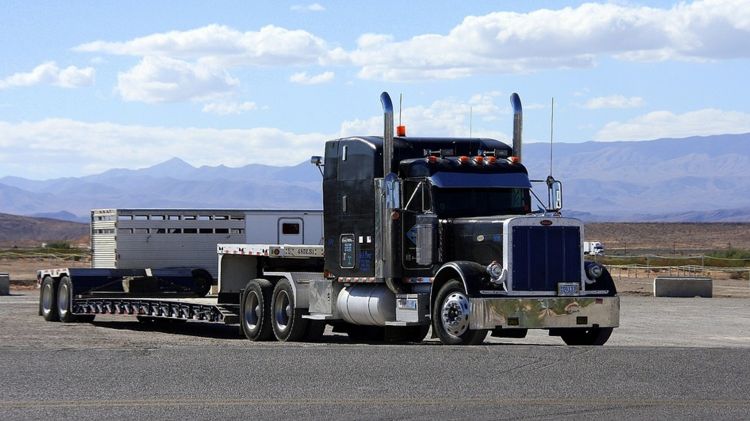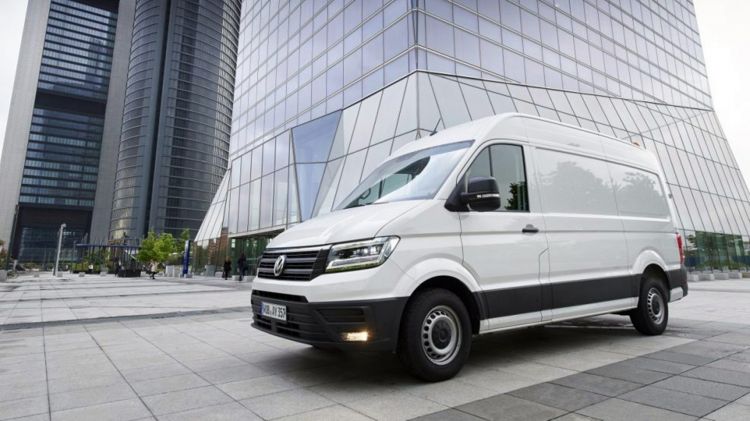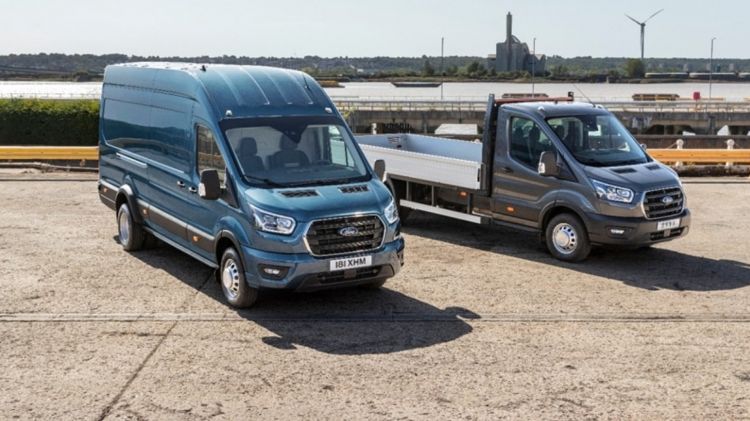A large percentage of the cars that we find in most cities tend to be of the type commercial vehicle. And we can find them in a wide variety of types and models, but to the astonishment of a large number of citizens, many do not know what a commercial vehicle is.
Our purpose is that by the end of reading this article, you are one of the people who really knows what is a commercial vehicle. You will also know what types there are, their importance and their environmental impact. As well as some other related elements, whose knowledge will be very useful.
What is a commercial vehicle?
A commercial vehicle is defined as a vehicle that is used for business purposes, such as transporting goods or passengers. This includes all types of buses, trucks, vans, trailer trucks, and buses used for long-distance and local service, as well as commercial transportation.
These vehicles are used by transport companies and by companies that need to transport their own goods. these vehicles are essential for modern trade and for the economic development of the world.
This generally involves the transport of goods for a commercial delivery, such as a delivery of warehousing services, the transport of workers for business purposes or for tourism purposes.
Types of commercial vehicles
As already mentioned, there are many types of commercial vehicles and these include:
- trucks.
- vans.
- vans.
- coaches or buses.
- platform trucks.
- dump trucks.
- Specialized and coupled transport.
Trucks are the most popular vehicles for commercial transportation due to their size and higher load capacity.. These vehicles have a cab for the driver and a loading platform for goods.
Their size and capacity make them ideal for transporting any product, from food to construction material. Some trucks can carry up to one hundred tons of cargo.
Vans, or pickup trucks, are smaller vehicles compared to trucks, and They are mainly used to transport packages or small boxes. They are usually used by retailers, and are ideal for transporting small loads.
Vans in Spain must also comply with certain regulations and safety standards, as well as undergo periodic inspections to ensure they meet these requirements.
Coaches or buses are larger vehicles than vans and They are designed for the transport of passengers, offering them greater comfort. Some usually have entertainment equipment, such as televisions and sound equipment, and can be used for urban or interurban transportation.
Others, like school buses, have their own specialized features.
Safety features that commercial vehicles must have
When it comes to safety, commercial vehicles have nothing to envy to any other car, since Possesses as many or more security features than others. Let’s remember that commercial vehicle drivers must spend many hours of the day or night driving these vehicles during their work hours.
In Spain, commercial vehicles must have a series of safety features to guarantee the protection of drivers and passengers.. These features include:
- Advanced braking systems.
- Three-point seat belts.
- airbags.
- stability systems.
- Driver assistance systems.
- Collision alert systems.
- Tire Pressure Monitoring Systems.
These security features are designed to help reduce the risk of serious injury in the event of an accident. These features help improve the safety of users when using commercial vehicles in Spain.
As a way of ensuring that commercial vehicles in Spain meet these requirements, these they must comply with certain regulations and safety standards, and pass periodic inspections.
Importance of the commercial vehicle in Spain
As in any other part of the world, the commercial vehicle is essential for the functioning of the economy in Spain, since there are many companies that use it. Trucks, passenger transport buses and vans are used to transport goods and products from one place to another..
Many of them are essential for the supply of goods to consumers. Without these vehicles, many businesses would not be able to operate efficiently and effectively.. They are very important for employment in Spain. Many people work in the transportation of goods and products, and commercial vehicles are essential for these professions.
Trucks, passenger transport buses and vans are essential for the operation of the transport system in Spain. They are responsible for carrying out important tasks for the development of their economy in a safe and efficient manner.
Environmental impact of commercial vehicles in Spain
Although commercial vehicles are essential to the operation of many businesses and the supply of goods to consumers, they also have an environmental impact. Many commercial vehicles use fossil fuels, such as gasoline or diesel, which can contribute to air pollution and climate change..
Nevertheless, In Spain, measures are already being taken to reduce the environmental impact that they produce. One of the most important measures is the transition to vehicles that use cleaner energy, such as electric vehicles or hybrid vehicles.
Policies are also being implemented to reduce the amount of fossil fuels used by commercial vehicles, such as incentives for the purchase of vehicles with low carbon emissions. In addition, measures are being implemented to reduce commercial vehicle traffic in cities and reduce traffic congestion in urban areas.
This includes the promotion of public transport and the implementation of exclusive lanes for commercial vehicles in some areas. Too measures are being taken to improve the efficiency of freight transportsuch as the optimization of routes and the implementation of more sustainable transport systems.






